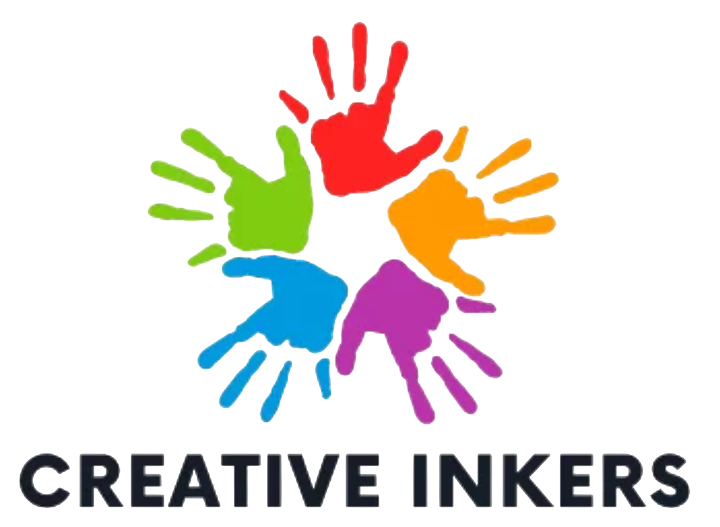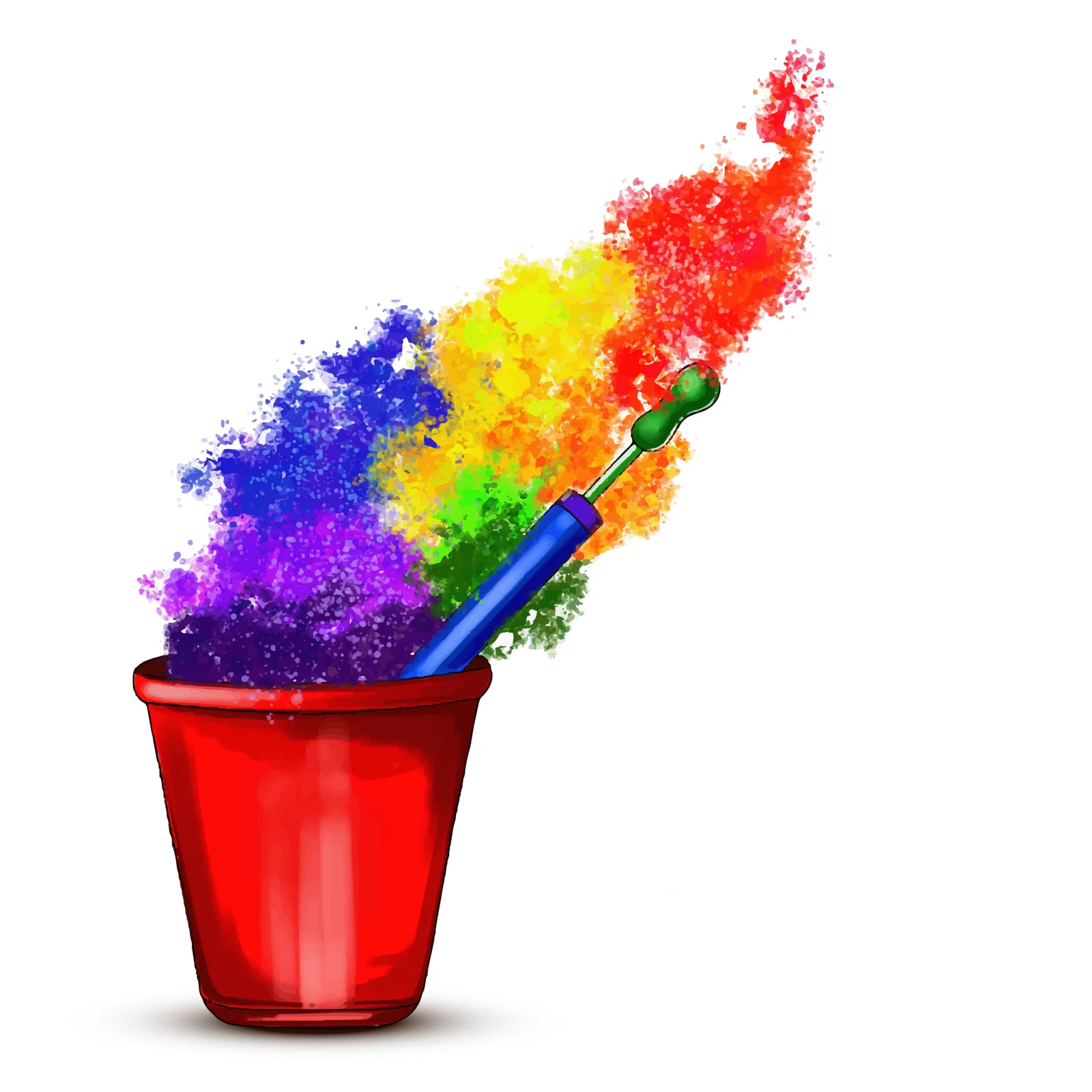Introduction
Direct-to-Film (DTF) for DTF Printer, printing has quickly become one of the most popular printing technologies in the apparel and merch industry. It’s fast, versatile, and capable of producing vibrant, durable prints on almost any fabric type. Unlike DTG and sublimation, DTF printers allow you to print onto a special film, coat it with powder adhesive, cure it, and apply it to garments with heat.
This flexibility has made DTF a game-changer for small businesses, print shops, and print-on-demand sellers looking for a low-maintenance, high-output printing method. In this comprehensive guide, you’ll learn how DTF printers work, what equipment you need, how much they cost, their advantages and disadvantages, and whether they are right for your printing business.
What Is a DTF Printer?
A DTF printer is a specialized machine designed to print full-color designs onto PET film using textile pigment inks. These printed films are covered with a hot-melt adhesive powder, dried or “cured,” and then heat-pressed onto fabric.
Key Characteristics of DTF Printers
-
Uses CMYK + White pigment ink
-
Prints on PET film (A film)
-
Uses hot melt powder as adhesive
-
Works on cotton, polyester, blends, denim, leather, nylon, and more
-
Requires no pre-treatment (unlike DTG)
How Does a DTF Printer Work?
DTF follows a simple, efficient workflow:
1. Create or Import the Design
You can design artwork in Photoshop, Illustrator, Canva, or Procreate. Convert the background to transparent to ensure clean edging.
2. RIP Software Processing
Your design is loaded into RIP software (such as AcroRIP), which handles:
-
Color management
-
White ink underbase
-
Mirrored printing
-
Ink output levels
RIP software ensures accurate colors and opacity.
3. Printing on PET Film
The printer lays down:
-
CMYK color layer
-
White ink backing layer
White ink ensures opacity on dark garments.
4. Powder Application
Hot-melt powder is evenly applied to the printed film, sticking only to the inked areas.
5. Curing the Powder
You cure the powder using a:
-
Curing oven
-
Heat press (hovering mode)
-
Infrared dryer
The powder melts and becomes a flexible adhesive.
6. Heat Press Transfer
The printed film is placed on the garment and pressed at around:
-
305–325°F (150–160°C)
-
10–15 seconds
-
Medium pressure
7. Peel and Finish
Depending on film type:
-
Cold peel: wait for cooling
-
Warm peel: peel after 5–10 seconds
-
Hot peel: peel instantly
A finishing press of 5 seconds improves durability.
Benefits of Using a DTF Printer
✅ 1. Works on Any Fabric Type
Cotton, polyester, 50/50 blends, canvas, performance wear—DTF handles them all effortlessly.
✅ 2. No Pre-Treatment Required
DTG requires pre-treatment and curing; DTF bypasses this step entirely, saving time and labor.
✅ 3. More Durable Than DTG
DTF prints typically last 40–60 washes thanks to strong adhesive bonding.
✅ 4. Vibrant Colors and Fine Details
High-resolution printing captures gradients, small text, and detailed art.
✅ 5. Ideal for Mass Production
You can print dozens of transfers in advance and press later.
Drawbacks of DTF Printing
❌ 1. White Ink Maintenance
White ink can clog if printers are not cleaned daily.
❌ 2. Powder curing can produce fumes
You’ll need ventilation or a curing oven.
❌ 3. More steps than sublimation
DTF involves printing, powdering, curing, and pressing.
How Much Does a DTF Printer Cost?
Entry-Level DTF Printers ($500–$1,500)
Modified L1800-based systems for beginners.
Mid-Range Printers ($3,000–$8,000)
Larger format printers with faster speeds and automatic powder shakers.
Professional DTF Systems ($10,000–$25,000+)
High-volume units for commercial shops.
Is a DTF Printer Right for You?
Choose DTF if you:
-
Want to print on any fabric
-
Run a print-on-demand t-shirt store
-
Need durable, full-color designs
-
Want low maintenance compared to DTG
Avoid DTF if you:
-
Want soft, “ink in shirt” feel (DTG fits better)
-
Have limited ventilation space
Conclusion
DTF printing is one of the most versatile and profitable printing methods available today. Whether you’re starting a new apparel business or scaling a print shop, a DTF printer can greatly expand your product offerings with vivid, long-lasting prints on nearly any fabric. With the right equipment and workflow, DTF is a powerful, cost-effective solution for both beginners and professionals.
Shop the best sublimation designs: https://creativeinkers.com/shop/
https://creativeinkers.etsy.com


